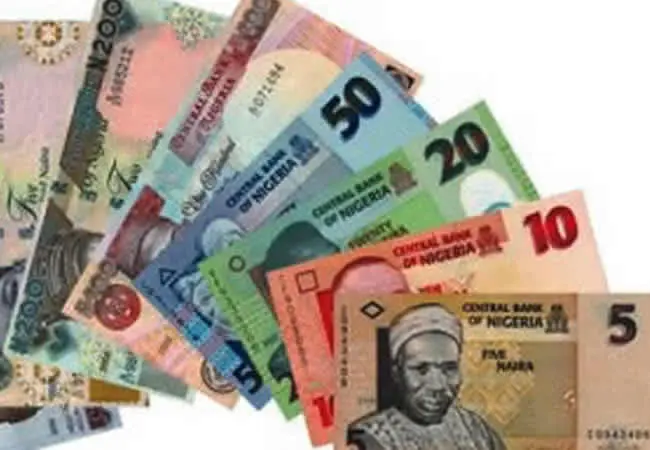
In recent times, the effects of inflation have been felt strongly in various markets, causing prices of goods to move away from lower denomination Naira currency.
A while back, N5 could purchase a sachet of pure water, and N20 was commonly used to settle police officers at checkpoints. However, these smaller notes have struggled to have purchasing power in recent years.
A market survey conducted by NewsNow revealed that over half of Nigeria’s legal tender is now unable to make meaningful purchases.
Despite this situation, the Central Bank of Nigeria (CBN) acknowledges coins like 50 kobo, N1, and N2, as well as polymer notes of N5, N10, N20, and N50.
Today, a sachet of pure water sells for N30, while retail sugar and candies have seen price hikes rendering N10 and N5 notes insufficient for these purchases. Goods are now often priced at rounded figures like 50 or 100, making the smaller denominations irrelevant.
The Naira has significantly depreciated in the past six months, having fallen from about N1,900 to the dollar to the current rate of approximately N1050 to a dollar following CBN interventions.
As a result, Nigeria’s highest denomination of N1000 is worth less than one US dollar, making anyone with $1000 a millionaire in Naira terms.
Although the value of the Naira has recently picked up, the prices of goods have not shown corresponding decreases.
Experts attribute Nigeria’s inflation to multiple factors, including foreign exchange rates, among others.
Despite this challenging economic climate, the Nigerian government continues to print lower denomination currencies at a significant cost.
Reports indicate that in 2016, due to production costs, CBN temporarily halted the printing of N5, N10, N20, and N50 notes, each costing N1000 to produce since the NSPM cannot print on polymer.
Experts are now urging the CBN to discontinue printing the lower denominations and reassess the currency situation based on current realities.
Economist Abiodun Ayangbemi emphasized the need to halt printing lower denominations that no longer serve as effective means of exchange or store of value.
Monetary policy expert Lekan Olaleye suggested that the CBN should consider a currency re-denomination model akin to Ghana’s successful re-denomination in 2007.
Former CBN Governor Sanusi Lamido’s proposal to introduce N5000 notes and coin N5, N10, and N20 notes in 2012 met public backlash, leading to the shelving of the plan.
Years later, the cost of goods and services continues to rise, surpassing the levels seen in 2012.
